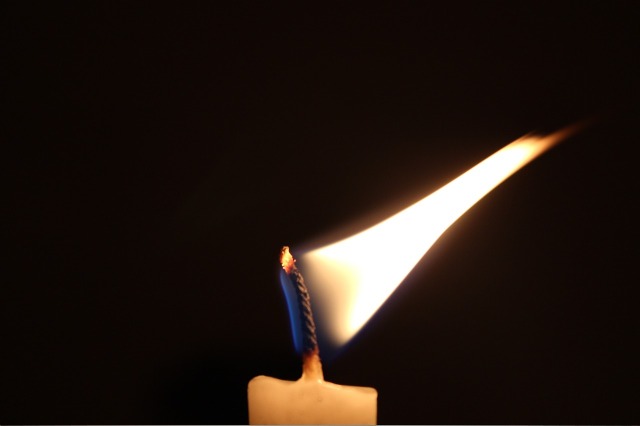
Image: Pixabay
A week or so ago, I posted Murder and Mischief: Aunty Gloria tells a story, where the heavy-smoking reprobate Aunt tells her neice, Fiona, the terrifying history of the family’s grandfather clock. Here, Lord Edmund Spencer – gambler, bankrupt and original owner of The Clock, takes up the story.
He swallowed the last dregs of the wine. And as he reached for his pistol, there came a mighty hammering at the front door …
The night was filthy, rain pelting the casement hard as thrown pebbles.
My bloodstream burned with cheap claret and the flintlock hung heavy in my fist. Anger flashed, a lightning bolt firing in my chest.
‘Can a man not put an end to his life in peace?’ I bellowed.
A mighty clap of thunder crashed so close – so loud – the stopper rattled in the decanter as if a ghostly hand was reaching to drink. I thought to call for Meadows, but remembered we had rowed over money and he’d stormed into the night, cursing my blood, swearing never to return.
I was alone.
The hammering came again, so loud it was like a second thunderbolt. I thought to ignore it, to continue the wretched task I had set myself. But dark deeds crave no audience and I knew the visitor must be repelled before I could finish.
Pistol in hand, I snatched the candlestick from the table and staggered for the door.
I had grown up in Moorfield Manor, lived every happy day of my childhood there, but it seemed to my crazed mind that the shadows were thicker than I had ever seen them, that every board creaked and groaned as if they were the timbers of a barque torn and tossed on the cruel waves of some distant ocean. I fancied that in the soughing of the wind through the house, I heard the crew crying to God to save them, weeping for their mothers as water filled their boots and they were dragged down, down to dance amid the seaweed.
It was the rough wine, my disordered state that caused me to hear such dreadful things. But even being close to death as I felt myself to be, I was almost grateful to reach the door, to have the company of a fellow man.
The hall was cold, the wind crept through every gap in door and windowframe, so that when I placed the candle on the floor, the flame stretched and shrunk my shadow, contorting my dark half to a giant, then a dwarf, until I doubted my true size.
Sweat turned cold beneath my wig, making my skin creep as if flee-ridden.
I was afraid. Afraid of my own house. Of what lay beyond the veil for a man dying at his own hand. And suddenly, dreadfully afraid of what lay in the night.
Cursing myself for a coward, I turned the key and flung wide the door.
Rain and wind and cold, wet leaves pelted my face, stinging my eyes. I stood like a fool, spitting and coughing.
Then above the howl of the wind, a voice. It sounded neither male nor female, young nor old, but in it I heard those killing waves, the sound of feasting crows.
‘Lord Edmund Spencer,’ said the creature. ‘I have something for you.’
Written for W4W, a thread celebrating words, was started by the lovely Kat.
Today’s W4W has been brought to you by the word BARQUE. The name comes from the 15th C Middle French barque meaning small ship. Before the 18th century the term was used for any three-masted vessel with no definite category, but after that came to mean a square-rigged vessel with three to five masts and became one of the most common cargo carrying vessels of the 19th century – the container ship of its day.
Solar barques or barges were used in Ancient Egypt to transport the spirit of the Pharoah through the afterlife. One such wonderful survivor is the Khufu ship which may have transported the Pharoah along the Nile before being buried in a pit, ready for its ongoing voyage.
